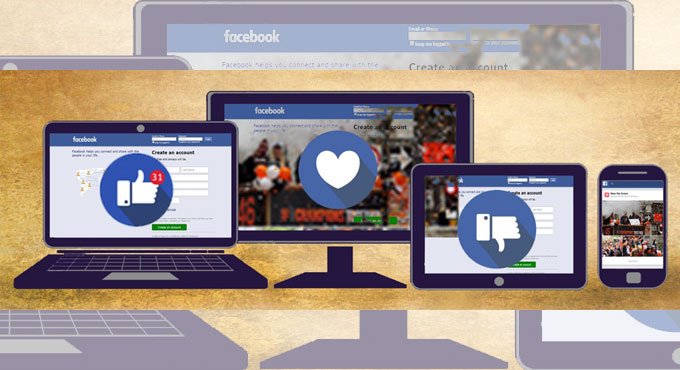Worldbuilding and Power Sources: Fueling Your Imaginary Worlds

For writers and artists, constructing a fictional world or setting requires a great deal of imagination and creativity. But it also demands a solid foundation of scientific principles, cultural influences, and geographical knowledge. One of the most crucial aspects of worldbuilding is determining the power sources that drive the technology, economy, and daily life of your fictional world. In this blog, we will explore the role of power sources in worldbuilding and provide some tips for crafting believable and engaging settings.
First, let's define what we mean by power sources. In the context of worldbuilding, power sources refer to any type of resource or technology that generates energy or provides a means of transportation. This can range from conventional sources such as fossil fuels and electricity to more imaginative sources like magic crystals or bio-algae reactors. The choice of power sources will have a significant impact on the world you are creating and can influence everything from the architecture to the economy to the social structure.
So, how do you go about choosing power sources for your fictional world? One approach is to consider the geography and climate of your setting. For example, a world with abundant wind or solar energy might rely less on fossil fuels than one with a predominantly cloudy or dark climate. Likewise, a world with abundant geothermal activity might have a different set of power sources than one with limited tectonic activity. By considering the natural resources and climatic conditions of your setting, you can create a believable and consistent power infrastructure that adds depth and realism to your world.
Another approach to power sources in worldbuilding is to consider the cultural and societal influences on energy production and consumption. For example, a society with a strong tradition of environmental conservation might prioritize renewable energy sources and have strict regulations on pollution. On the other hand, a society with a highly centralized government might rely heavily on nuclear power or other energy sources that provide centralized control. By understanding the values and priorities of your fictional societies, you can craft power sources that align with their character and add nuance to their world.
Of course, when it comes to power sources in worldbuilding, sometimes the most interesting and engaging choice is not the most practical or realistic one. The genre of science fiction and fantasy is filled with examples of unique and imaginative power sources, from the warp drives of Star Trek to the magic crystals of Avatar. While it's important to maintain some internal consistency and logic within your world, don't be afraid to take creative risks and explore unconventional power sources that add flavor and excitement to your setting.
In conclusion, power sources are a fundamental aspect of worldbuilding that can influence everything from the technology to the culture to the architecture of your fictional world. By considering the natural resources, cultural values, and creative possibilities of your setting, you can craft believable and engaging power sources that fuel your imaginary world. Whether you're writing a dystopian future or a fantastical realm of magic, power sources are an essential ingredient in creating a compelling and immersive world. So, go forth and imagine new ways to power your world.
